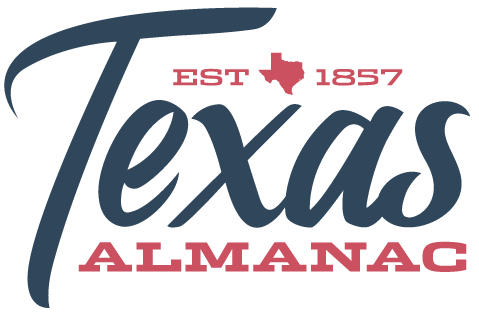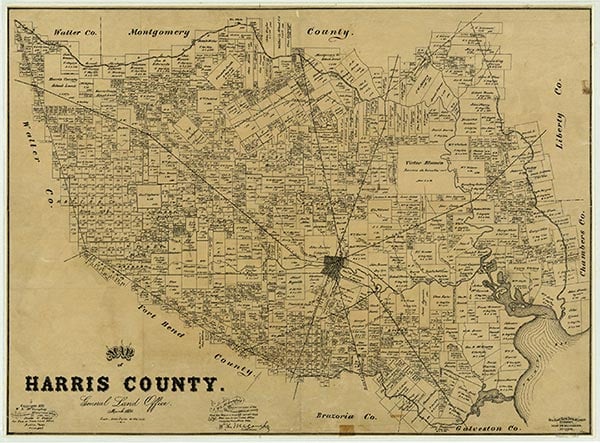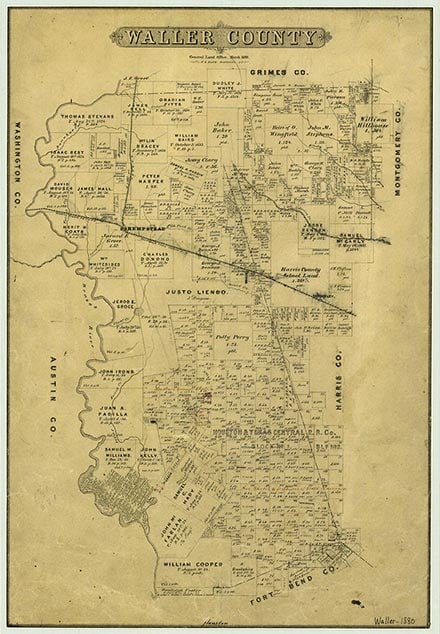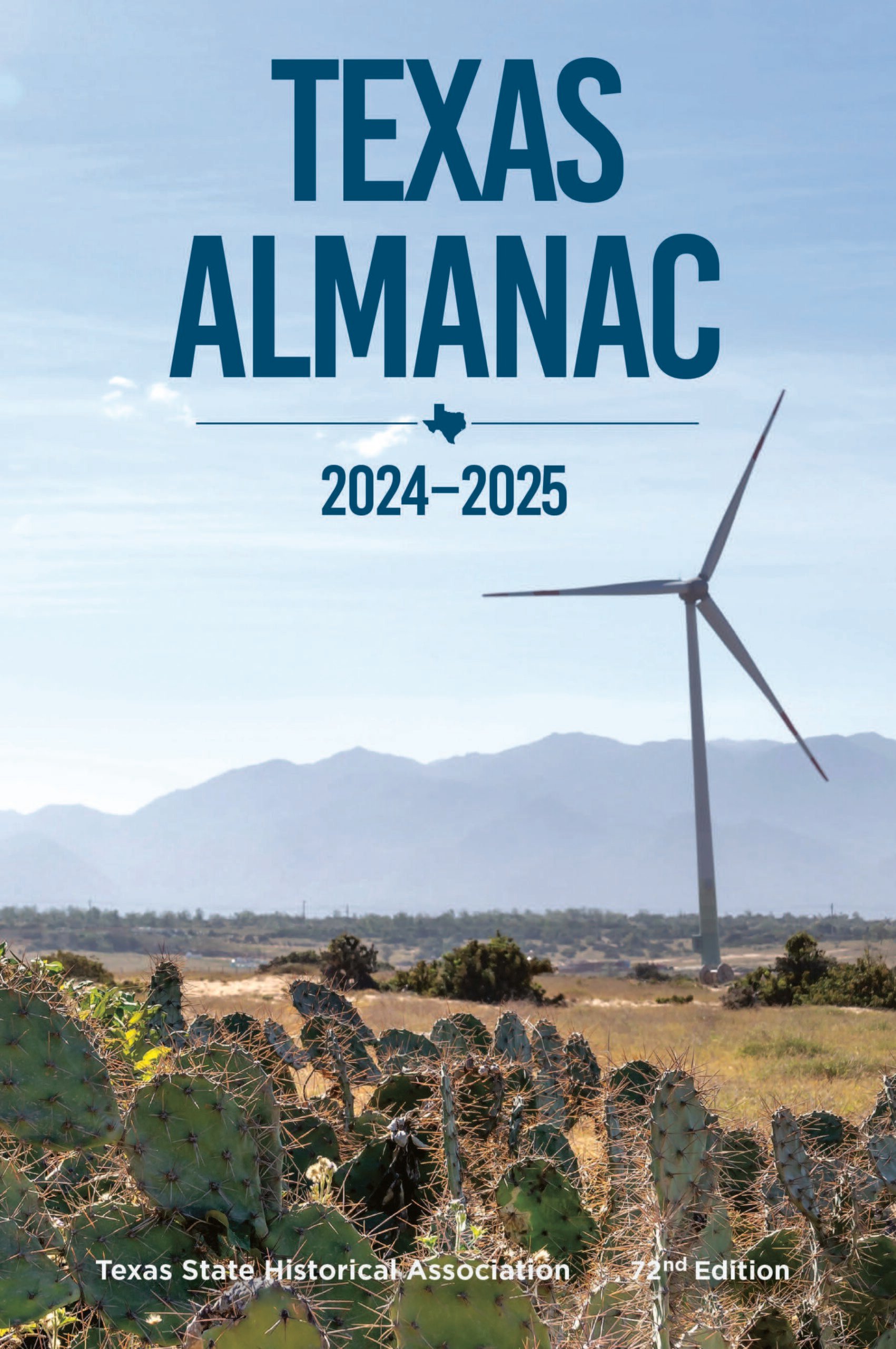Waller
Waller is on U.S. Highway 290 forty miles northwest of Houston in eastern Waller and northwestern Harris counties. K. H. Faulkner filed a plat on January 11, 1884, to establish the town, which was named for Edwin Waller. Within the first month of the town's existence a post office was set up, and a short time later "Uncle Doc" Sanders opened Waller's first general store. The public school, organized in 1887, had eighty students at the end of its first year of operation. The town boundaries were extended in 1889, when Waller was actually laid out. Eight years later it had an estimated population of 500, an established newspaper, and a bank. Farmers raised cotton, corn, and small fruits and berries. The South Texas Baptist College was established in 1898 in Waller by the South Texas Baptist Conference. The Galveston hurricane of 1900 badly damaged many buildings, including the college, which was closed and never rebuilt. The town's business district grew in the first part of the twentieth century. Telephone service was installed in 1912, and the Guaranty Bond State Bank opened in 1915. Around 1918 "God's Mercy Store," a unique general store, began operation. Goods were marked at cost, and customers paid cost plus whatever profit percentage they felt was appropriate. Owner A. D. Purvis claimed that the store was established "by the spirit of Christ which is Love, Mercy, and Self denial." The store showed a tidy profit and was still operating in the late 1920s.
Although Waller was a stop on the Houston and Texas Central Railroad, there was no local transportation for visitors and salesmen arriving by rail until Ed and Bob Robertson opened a livery stable in the early part of the twentieth century. The brothers later bought the Ford Motor Company of Waller from a Mr. Llewellyn. The Boettcher Cotton Gin served area cotton growers. The Cooperative, formed by local farmers in the 1920s, functioned as both a social outlet and a marketing service. Within the co-op the local farmers operated a store, which sold produce locally, and a truck, which transported some of their goods to the Houston market and brought back loaves of bread. In 1947 the town petitioned for incorporation, and Jim Haney became the first mayor. A decrease in local cotton production during the 1950s resulted in the closing of the gin, but Waller continued to grow. In 1953 the town erected a building to house the fire station and city offices. A modern brick city hall was constructed in 1967. The population of Waller was 712 in 1950. Waller is part of the Houston Metropolitan Statistical Area, and its population growth reflects its value as commuter community. Crops grown commercially in Waller in the 1980s were peanuts, corn, watermelons, and other vegetables. Animal production included beef cattle, dairy cattle, longhorn cattle, and swine. In 1980 the town had eighty business institutions, a post office, several financial institutions, and the Skylake Airport. In recent years the town's population has increased from 1,493 in 1990 to 2,092 in 2000.
Diane E. Spencer | © TSHA

Adapted from the official Handbook of Texas, a state encyclopedia developed by Texas State Historical Association (TSHA). It is an authoritative source of trusted historical records.
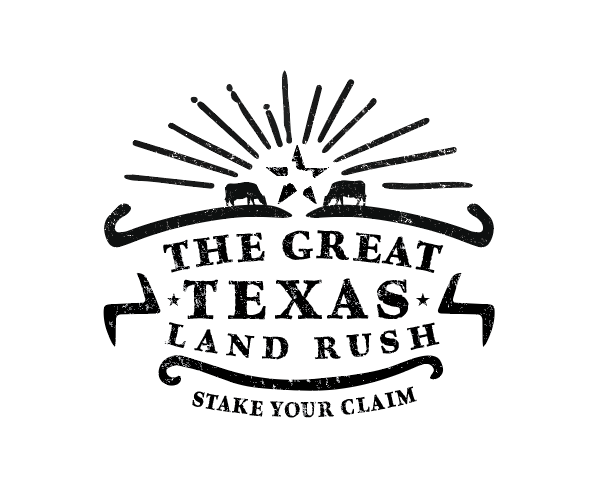
- ✅ Adoption Status:
- This place is available for adoption! Available for adoption!
- Adopted by:
- Your name goes here
- Dedication Message:
- Your message goes here
Belongs to
Waller is part of or belongs to the following places:
Currently Exists
Yes
Place type
Waller is classified as a Town
Location
Latitude: 30.06007750Longitude: -95.92318400
Has Post Office
Yes
Is Incorporated
Yes
Population Count, 2021 View more »
2,796
